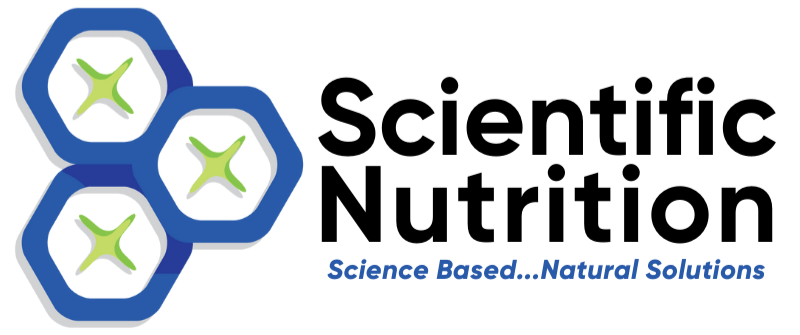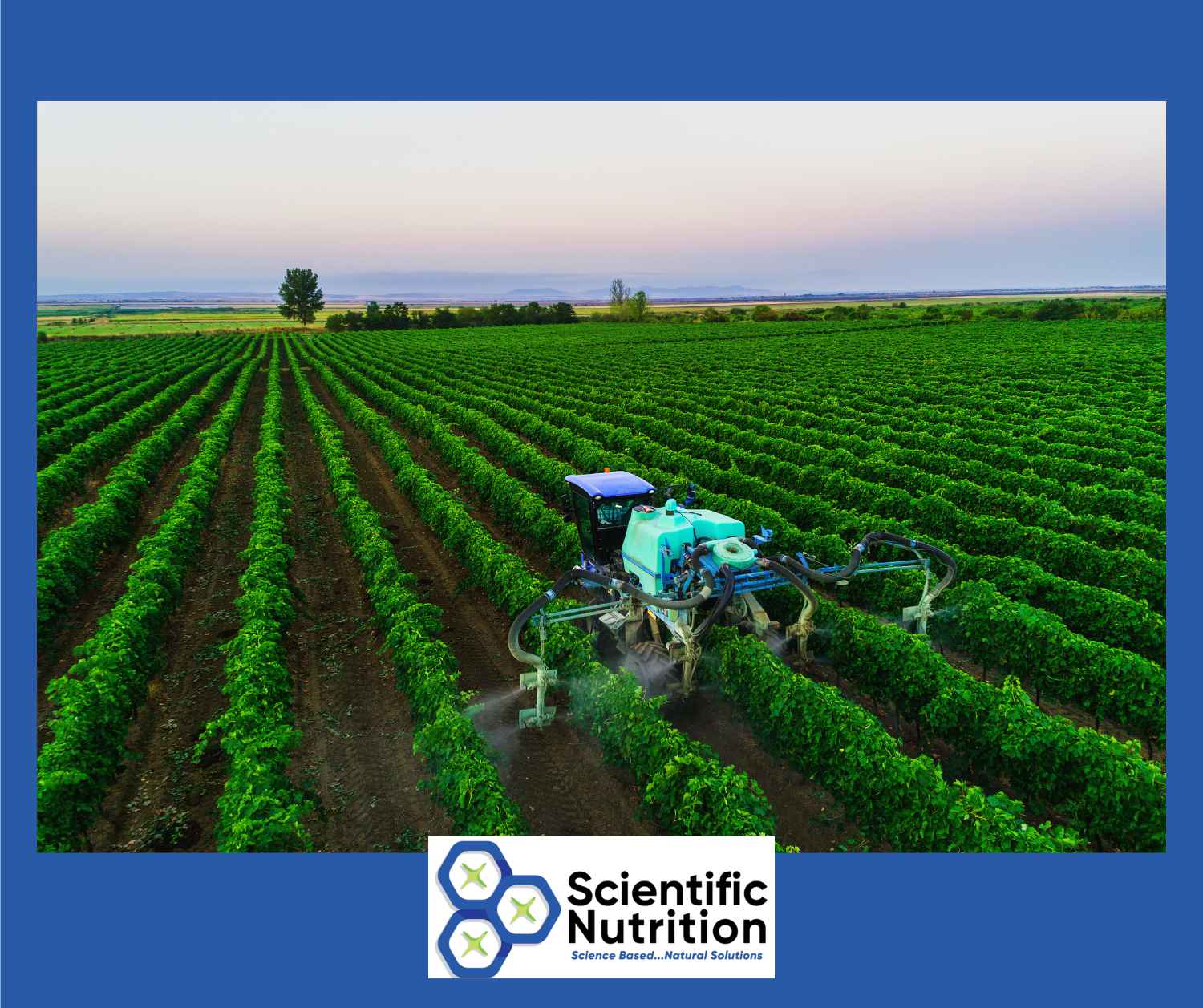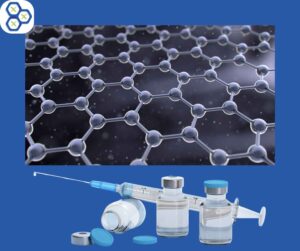The bio-engineered foods and dangerous BT toxins are your health enemy!
Foods you think are organic and healthy can be bio-engineered and contain BT toxins. Keep reading to know what are they and how they affect your health.
Invisible toxins in your diet
You visit a “greengrocer” to buy fruits and vegetables just as your health care practitioner told you to so you are eating fresh, organic, and healthy foods.
But what if most of these fruits and vegetables are not 100% organic and they contain toxins?
Your routine dinner, perhaps a salad with fresh veggies or a protein-packed dish now has toxins in and on them. But you don’t know it.
Look, it’s not your fault. Just 30 years ago there was a clear distinction between what is healthy and organic and what is not. Now the waters are muddy with loopholes and non-disclosure.
How did all this start?
In 1994, for the first time in history, some biochemists introduced genetically modified organisms (GMOs) otherwise known as bio-engineered foods because we have become savvy to their terminology.
I will not go deeper into the history, but in this blog, I will explain bio-engineered foods and BT toxins as well as their impacts on your health in the simplest way possible.
Ready to know what’s wrong with seemingly “organic” foods?
What are bio-engineered foods?
Bio-engineered foods or as commonly known as GMOs (genetically modified organisms) are the products of genetic manipulation in a laboratory setting.
It is a scientific tinkering that involves altering the DNA of plants or animals to achieve specific traits. This includes creating a resistance to pests or tolerance to herbicides. The term GMO became mainstream in the mid-1990s when agrochemical companies like Monsanto introduced these modified crops.
Agrochemical companies introduced crops like Roundup Ready™ soybeans which were genetically engineered to withstand the herbicide Roundup containing Glyphosate. This allowed farmers to spray the herbicide liberally, killing weeds without harming their crops.
The initial aim may seem noble as they wanted to improve crop yield, reduce reliance on pesticides, and address global hunger. As you know some bad guys are everywhere and they interfere in good causes just to make some more cash. They exploit and use dangerous chemicals knowing Glyphosate was created as a boiler cleaner and registered as an antibiotic!
When the agricultural industry progressed and bio-engineered foods gained some popularity, bad guys came in. They implemented it in the wrong ways legitimately raising concerns about the environmental impact, cross-contamination, and health repercussions.
The relation between GMOs and BT toxins
Bacillus thuringiensis (BT) is a bacteria that produces toxins lethal to certain insects. In bio-engineered crops, genes from BT are inserted into crops to make the plants produce their own insecticidal proteins.
In other words, BT protects genetically modified crops from pests and insects making them resilient. While this process seems like a proactive defense mechanism, these toxins persist in our food.
The first genetically modified corn with a gene from BT became available in 1995. Now 81% of crops contain BT genes in the U.S agricultural industry. The persistent presence of BT toxins in GMOs has raised concerns about their long-term impacts on human health which are not reported clearly by third parties with no benefit to result findings.
Health impacts of bio-engineered foods
Long-term exposure to GMOs has serious physical and mental health consequences.
Just imagine for a minute; every day you are eating something artificial that contains toxins. Can you picture your sick body and lethargic brain? If these chemicals are made to destroy the gut of the bug to kill them, then you eat them, what happens to you?
Let me clear it up for you.
Long-Term Physical Symptoms
Digestive Disruptions:
Bio-engineered foods alter the balance of gut microorganisms. It affects digestion and nutrient absorption. This imbalance can contribute to digestive issues such as bloating, gas, and discomfort. These chemicals CREATE leaky gut which is exactly what it sounds like.
Allergenic Concerns:
Genetic modifications in bio-engineered crops can introduce new proteins. Your digestive system does not openly accept new additions. So, these proteins can trigger allergies in sensitive individuals. These “bugs” have a shikimate pathway in their digestion that is destroyed by these toxins so they die. We don’t have this pathway BUT our good gut bacteria DO! It kills your first line of defense, which is your microbiome and immune system.
Antibiotic Resistance:
In some cases, bio-engineered crops are engineered to produce antibiotics. Long exposure to these crops contributes to antibiotic resistance in livestock and humans. Our commercially raised animals are filled with these antibiotic medications due to the disgusting environment in which they are living. This practice causes certain medications to become less effective against bacterial infections.
Nutrient Deficiency Risks:
Modification of nutrient pathways in bio-engineered crops could inadvertently lead to alterations in the nutritional content of the food. Think of it as kicking out a mineral to be replaced with a synthetic chemical. Long-term dependence on such crops may contribute to nutrient deficiencies.
Long-Term Mental Impacts:
Neurological Concerns:
Studies suggest a link between certain bio-engineered foods and neurological issues. Because we have only had these toxins around for a few decades, long-term studies need to be looked at closer. Lengthy exposure to these foods influences cognitive function due to the toxic effects on the gut and the brain. It destroys the communication and functions between them.
Endocrine Disruption:
Some bio-engineered crops produce substances that could interfere with the endocrine system. This disruption may have long-term implications for hormone regulation. Which impacts different bodily functions.
If you are not eating healthy your health is at risk. Simple as that. Stress, anxiety, decreased productivity, and disturbed work routines are obvious consequences of consuming unnatural and artificial food.
Are you eating bio-engineered foods (GMOs)?
Grocery stores have bio-engineered foods and most of the time consumers purchase them without knowing it.
According to the FDA (Food and Drug Administration), it is very possible that you are eating food products that have ingredients that come from GMO crops.
List of bio-engineered foods
Here is a short list of food products that are typically GMOs and are still for sale in U.S grocery stores;
Soybeans
Soybean oil and soy-based products are genetically modified 99% of the time. Soybeans are most commonly used in processed foods and animal feed. They carry natural estrogen that can upset your hormone balance as well.
Corn
A significant portion (92%) of the U.S. corn supply is genetically modified. This includes field corn used for animal feed, high-fructose corn syrup, as well as sweet corn consumed as a vegetable/starch.
Canola
Canola oil is derived from genetically modified rapeseed oil which is commonly used in cooking and food processing. Originally canola was used in Canada as a lubricating gear oil. Canada paid the FDA $50 million to have rapeseed registered and recognized as safe! Meanwhile, other countries such as the E.U. can’t be bought and refuse to allow it.
The European Union bans it because it is toxic. Canola oil has the label of carcinogenic (cancer-causing) due to its fatty acid content and erucic acid linked to heart damage. In fact, the trans fatty acid accumulates for up to a decade before cancer, central nervous system, and mental deficits begin. Ironically, insects won’t eat the rapeseed weed yet we are being fed it for monetary gain. (source – dirtdoctor.com)
The University of Idaho is fine-tuning canola oil to use as biodiesel due to its ability to work at very low temperatures because it is so thick. Do you still feel like you want to eat it?
Sugar Beets
Sugar beet crops are very often genetically modified. The sugar derived from these beets is used in the production of granulated white sugar.
Apples
Take the Arctic Apple example. It is just one of many of the genetically modified apple varieties on the market today. It’s engineered to resist browning after being cut which is not natural. This genetic code intertwined within these apples is not what we can digest along with unknown biological issues they cause.
Potatoes
The brand called ‘Innate Potatoes’ claims to reduce bruising and produce less acrylamide (cancer-causing) when cooked at high temperatures but at the cost of what other chemical reactions? It is no longer a natural potato with the same minerals and vitamins we need.
Just knowing the big foods will be a good start. I know that’s a lot of products you may be using daily but don’t worry, just be more careful while you slowly find clean alternatives.
To start, go to the U.S. Department of Agriculture (USDA) website which provides a list of bio-engineered foods that you can check before visiting the supermarket. As always read labels on each of the food products. If it’s GMO, you should see a “bio-engineered” label on it.
CAUTION: Not all toxins are on the labels. There are GMOs that slip under the radar like APEEL. Watch for my blog on APEEL explaining what is being put onto fruits and vegetables including organic ones. This is a waxy type of coating that will not wash off and may contain toxic heavy metals at the least.
Asking your grocery manager where they source their produce and if it has this chemical on it is strongly encouraged. Many large chain stores have discontinued their sources to supply real food for their customers thanks to this practice.
FAQs
Do bio-engineered foods affect the environment?
These GMO crops can impact the environment as they are over spraying all crops. Although they claim to reduce the need for certain pesticide spraying, there are other concerns such as potential effects on non-targeted organisms and the development of resistant pests. This is negatively affecting our pollinators including bees to the point of great concern!
How can I identify bio-engineered foods in the grocery store?
Knowing what to identify so you can avoid these GMOs is more important than ever. Look for the “Bioengineered”, “GMO”, or “BE” label on the packaging. Keep in mind, that not all GMO foods require this label as they sidestep regulations. This makes staying informed about common GMO ingredients even more essential.
What is the purpose of genetically modifying crops?
Plants have gone for eternity without modification so what’s the reason to do it now, you may ask. The purpose of genetic modification supposedly aims to enhance crop characteristics, such as resistance to pests or tolerance to environmental conditions. The goals are to improve yield, reduce reliance on pesticides, and address global food security challenges. The problem is that as we use more of these, you can trace the parallel trajectory of illnesses increasing, obesity, and even autism.
Hair Analysis testing for bio-engineered foods
When we examine your oxidation rate or the speed of your metabolism, we can guage your ability to detoxify all toxins. If you have heavy metals that are stuck, most likely there are chemicals stuck as well. By rebuilding your nutritional balance we can nurture your gut health to help in healing the damage done by these toxins.
In conclusion:
It’s obvious that consuming bio-engineered foods blindly is not good for your health. Be more conscious about what you eat. You can’t afford to be a victim of commercialization and consumerism. You have the right to protect your health and well-being.
If you want to discuss your health issues with an expert in Orthomolecular Nutritional Consultant, LET’S CHAT!
I will guide you about natural and healthy diet alternatives to help in correcting your imbalances.
Further reading and studies
https://www.ncbi.nlm.nih.gov/pmc/articles/PMC3791249/
https://www.centerforfoodsafety.org/issues/311/ge-foods/ge-food-and-your-health
https://pubmed.ncbi.nlm.nih.gov/18989835/
https://www.montana.edu/hhd/graduate/dietetics/blog_posts/GMO_environment.html
https://sitn.hms.harvard.edu/flash/2015/will-gmos-hurt-my-body/
https://www.fda.gov/food/agricultural-biotechnology/gmo-crops-animal-food-and-beyond
Copyright Scientific Nutrition, LLC 2023




